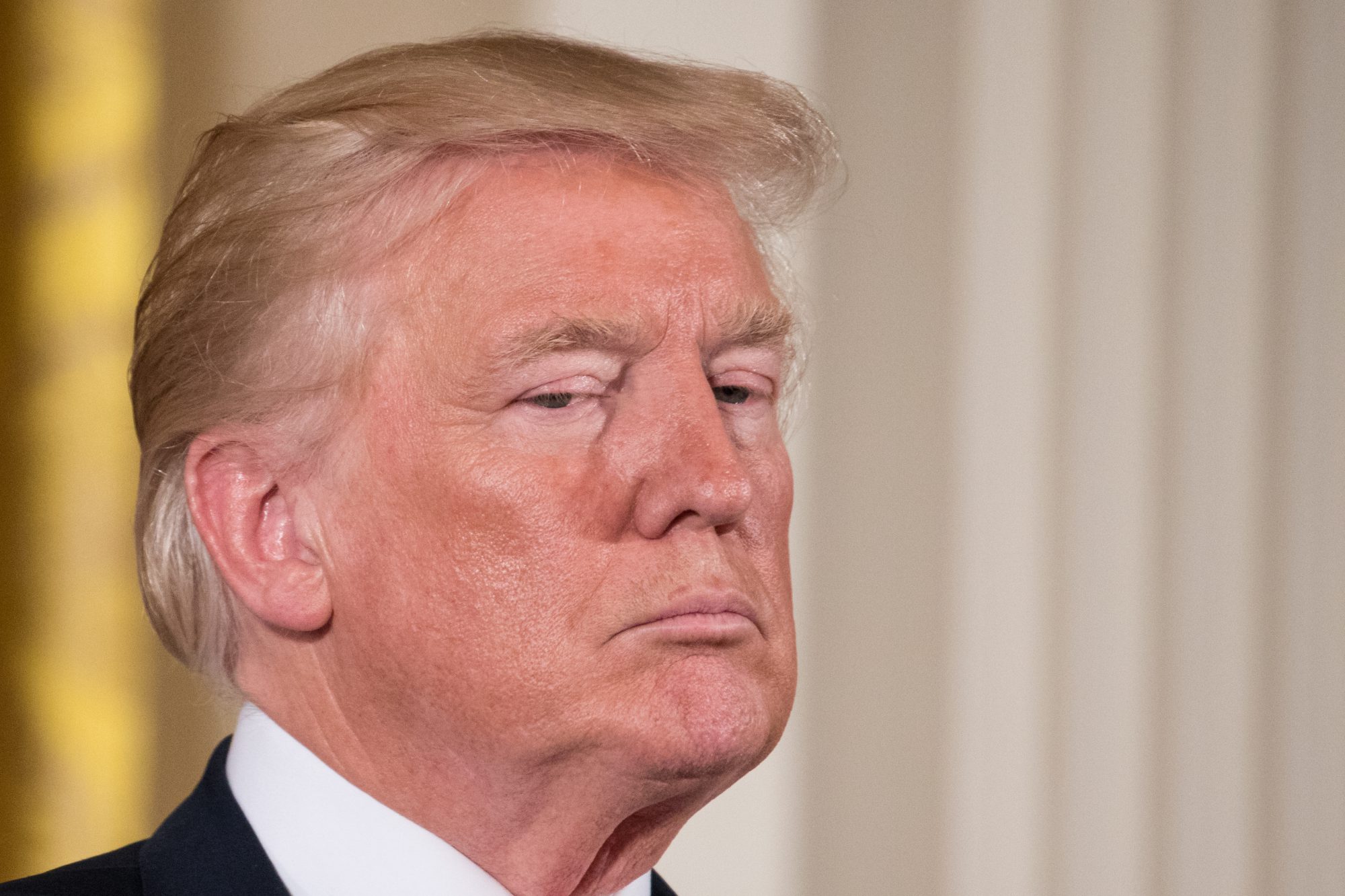Bill Moyers talks to co-author Robert Jay Lifton about the complications of diagnosing the president
 Bill Moyers:
Bill Moyers: This book is a withering exploration of Donald Trump’s mental state. Aren’t you and the 26 other mental health experts who contribute to it in effect violating the Goldwater Rule? Section 7.3 of the American Psychiatrist Association’s code of ethics flatly says: “It is unethical for a psychiatrist to offer a professional opinion [on a public figure] unless he or she has conducted an examination and has been granted proper authorization.” Are you putting your profession’s reputation at risk?
Robert Jay Lifton: I don’t think so. I think the Goldwater Rule is a little ambiguous. We adhere to that portion of the Goldwater Rule that says we don’t see ourselves as making a definitive diagnosis in a formal way and we don’t believe that should be done, except by hands-on interviewing and studying of a person. But we take issue with the idea that therefore we can say nothing about Trump or any other public figure. We have a perfect right to offer our opinion, and that’s where “duty to warn” comes in.
***
Lifton: We have a duty to warn on an individual basis if we are treating someone who may be dangerous to herself or to others—a duty to warn people who are in danger from that person. We feel it’s our duty to warn the country about the danger of this president. If we think we have learned something about Donald Trump and his psychology that is dangerous to the country, yes, we have an obligation to say so. That’s why Judith Herman and I wrote our letter to The New York Times. We argue that Trump’s difficult relationship to reality and his inability to respond in an evenhanded way to a crisis renders him unfit to be president, and we asked our elected representative to take steps to remove him from the presidency.
***
Lifton: I think that’s very accurate. I agree that there’s an all-enveloping destructiveness in his character and in his psychological tendencies. But I’ve focused on what professionally I call solipsistic reality.
Solipsistic reality means that the only reality he’s capable of embracing has to do with his own self and the perception by and protection of his own self. And for a president to be so bound in this isolated solipsistic reality could not be more dangerous for the country and for the world.
In that sense, he does what psychotics do. Psychotics engage in, or frequently engage in a view of reality based only on the self. He’s not psychotic, but I think ultimately this solipsistic reality will be the source of his removal from the presidency.
http://www.motherjones.com/politics/2017/09/a-group-of-experts-wrote-a-book-about-donald-trumps-mental-health-and-the-controversy-has-just-begun/
